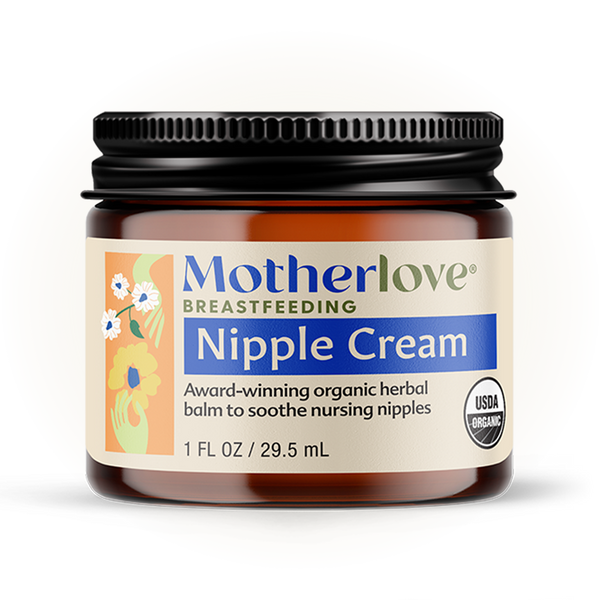Updated by Wendy, IBCLC June 2025
You may not be able to overfeed a baby at the breast, but it is possible to overfeed (and overwhelm) a baby with a bottle of breast milk. But don't worry! Paced feeding is an alternative method that you can use too.
WHAT IS PACED FEEDING?
Paced feeding is a method that helps to prevent overfeeding while bottle feeding. This method may be useful for you if you’ll be returning to work and will be pumping, if you’re exclusively pumping, or even if your partner will be feeding an occasional bottle of breast milk.
Research has shown that feeding babies anything by bottle can have an effect on their ability to regulate their intake. This is likely a result of the fact that during typical bottle feeding, the caregiver controls how much is taken by the bottle, which doesn’t happen when a baby feeds at the breast.
Paced feeding allows babies more control over their intake of breastmilk by responding to their cues, and may also prevent post-feeding fussiness by reducing overfeeding. Since much of paced feeding also mimics feeding at the breast, it can also support the breastfeeding relationship and help babies transition back and forth from breast to bottle. Babies may be less likely to get accustomed to the fast flow of a bottle and reject the breast.
HOW DOES PACED FEEDING WORK?
-
Feed based on the baby’s feeding cues, not a set schedule.
-
Hold the baby so they are in a more upright or almost sitting position.
-
Avoid feeding by the bottle when the baby is reclined, as this reduces their control over the flow of milk. Hold the bottle in a horizontal position, tilted only enough to keep milk in the bottle nipple.
-
Don’t force the nipple into the baby’s mouth. Rather, elicit the rooting response and encourage the baby to “latch” onto the nipple by touching the nipple to the baby’s nose.
-
Ensure that the baby’s mouth placement on the nipple is good, and that they aren’t just sucking on the end of the nipple. Instead, they should be opening wide and taking in a good portion of the bottle nipple into their mouth
-
Allow the baby to set the pace of the feeding, and aim for the same length of time as feeding at the breast might take.
-
Encourage the baby to pause frequently, resting the bottle nipple on the baby’s lips or taking a break to burp them. The baby will start sucking again when they’re ready.
-
Switch sides during the feeding to mimic feeding at the breast and even out eye stimulation.
-
Never try to force the baby to take more than they want to just to finish the bottle. If you’re worried about squandering precious breast milk (we understand!), heat up smaller amounts — maybe 2 ounces –- at a time, and provide more as needed.
- Need to soothe nursing nipples or prefer the use of a pump lubricant? Learn more about our lanolin-free Organic Nipple Cream.




